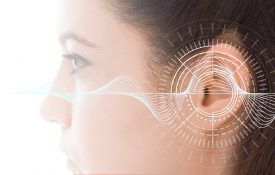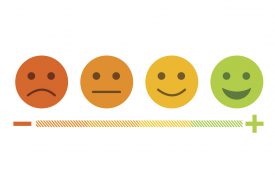-

Imagining an Object Can Change How We Hear Sounds Later
Research shows that you don’t need to see an actual object to experience the “ventriloquist illusion” and its aftereffect. Simply imagining the object produces the same illusory results.
-

The Emotions We Feel May Shape What We See
Findings from two experiments suggest that our emotional state in a given moment may influence how we perceive visual stimuli.
-

Lingering Negative Responses to Stress Linked With Health a Decade Later
People who respond to stress with negative emotions that carry over from one day to the next report more health problems 10 years later compared with peers who are able to “let it go.”
-

People Use Emotion to Persuade, Even When It Could Backfire
People tend toward appeals that aren’t simply more positive or negative but are infused with emotionality, even when they’re trying to sway an audience that may not be receptive to such language.
-

Childhood Friendships May Have Some Health Benefits in Adulthood
Time spent with friends in childhood is associated with physical health in adulthood, according to data from a multi-decade study of men.
-

New Research From Psychological Science
A sample of research exploring visuospatial perspective taking while reading, childhood origins of environmental behavior, and the psychological mechanisms underlying engagement in social issues on Twitter.

